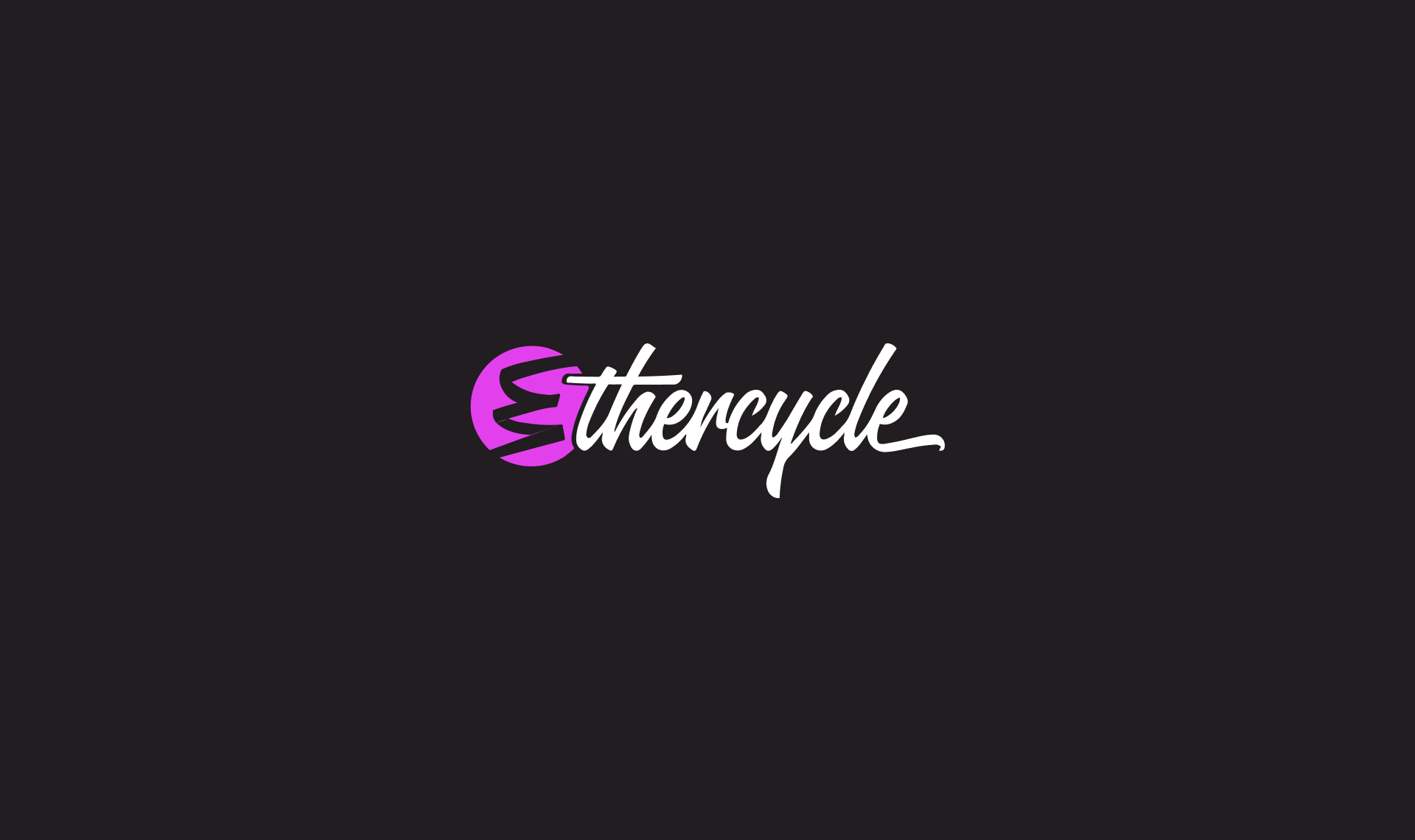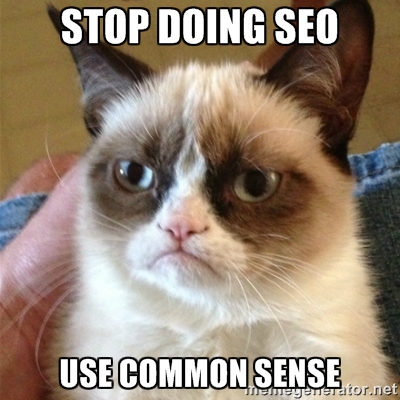

A potential agency partner asked me, "What are your thoughts on front-end frameworks like Bootstrap or Foundation?"
Following my strict no bullshit policy, I told him my opinionated truth. Any good framework is just a set of opinionated standards. Theyre great for inexperienced developers to pick up best practices from more experienced developers, but they can ultimately lead to bloat in any application or website. Since the person using the framework by definition doesnt understand whats going in to it, they cant rightly remove all the unused cruft thats left over.
We use HTML5 Boilerplate - HTML5 Boilerplate - because its the absolute bare minimum of best practices. (Even then there's room for improvement, like concatenating style sheets.) We even took HTML5BP a step further and released our own framework - Responsivize - as a way for people to see what a responsive website built from HTML5BP looks like.
His immediate response: "This all makes sense Kurt."

